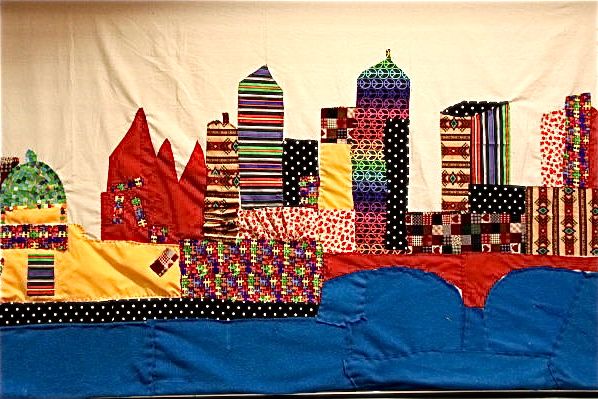To rent or to buy?
IN response to Melbourne’s notoriously expensive rental accommodation, some parents choose to buy a property for their children, hoping to make some gains by the time they graduate. But as Kaili Ding finds out, there are some basic things you need to consider before making the decision to rent or buy.
What can I afford?
Before buying or renting a property, it is crucial to evaluate your financial position. Buying a property means the money you spend on housing isn’t lost, but is invested in a property which can then be rented or sold on when you no longer need it. It is often a much larger financial commitment though, which will often involve taking out a large loan.
So talk to mum and dad, and figure out if it’s something the family can accord. You shouldn’t spend more than you can reasonably expect to be able to allocate to your accommodation. But buying may be a viable option if you are staying with siblings for example, and forking out more than a grand in rental per month combined. You may as well be sinking that money into a mortgage.
What are the cost-benefits of buying?
Students seldom live in the one place throughout their university career. It’s a familiar story, where students are forced to look for new accommodation (yet again) because the landlord is planning on selling the property, or has raised the rent too high. Not to mention the stress and hassle that comes with it, plus the costs of hiring a removalist.
Highlight real estate agent Alan Shen says one of the benefits of owning your own property is that it gives you a sense of stability, and saves you from worrying every time the lease to your rental property is up. And less time worrying is more time to devote to your studies.
“However, for students who are not financially strong, then it’s better to rent a property,” Mr Shen says.
Which brings us to the next point…
Where should I buy/rent?
It’s all about location, location, location. Whether you are renting or buying, location matters.
Real Estate Institute of Victoria (REIV) chief Enzo Raimondo says recent studies have found buying a property provides “not only provide greater returns but (is also) subject to less volatility” – but whether the value of the property appreciates by a higher amount depends on its location.
The same goes when it comes to renting a property, Mr Shen says.
Rental rates depend on the location of the suburb, and properties in suburbs such as Eastern Melbourne cost a lot more than many other locations.
But his recommendation is to rent as close as possible to where students are stuyding.
“Because this can save time on the road…if you live in the suburbs you might be able to save $10 to $15, but you are going to spend a lot of time on the road,” he says.
What are the laws?
And finally, before you rush out and buy, it’s important to familiarise yourself with the laws governing property purchase.
REIV spokesman Robert Larocca says the most important step is knowing the restrictions that apply to international students when it comes to buying property. And seeking professional legal advice is an excellent way to get your head around the legal aspects of buying a property.
You should also remember that you don’t have to buy in your first year in Melbourne.
Melcorp property manager David Chen recommends testing the waters before buying.
“International students who are looking to buy are approaching the safer option by renting for the first year and studying the market in this period,” Mr Chen says.
This allows them to be much more knowledgeable when they make a purchase.

